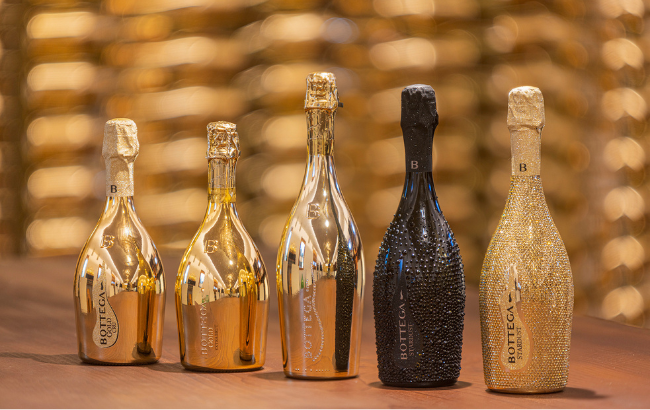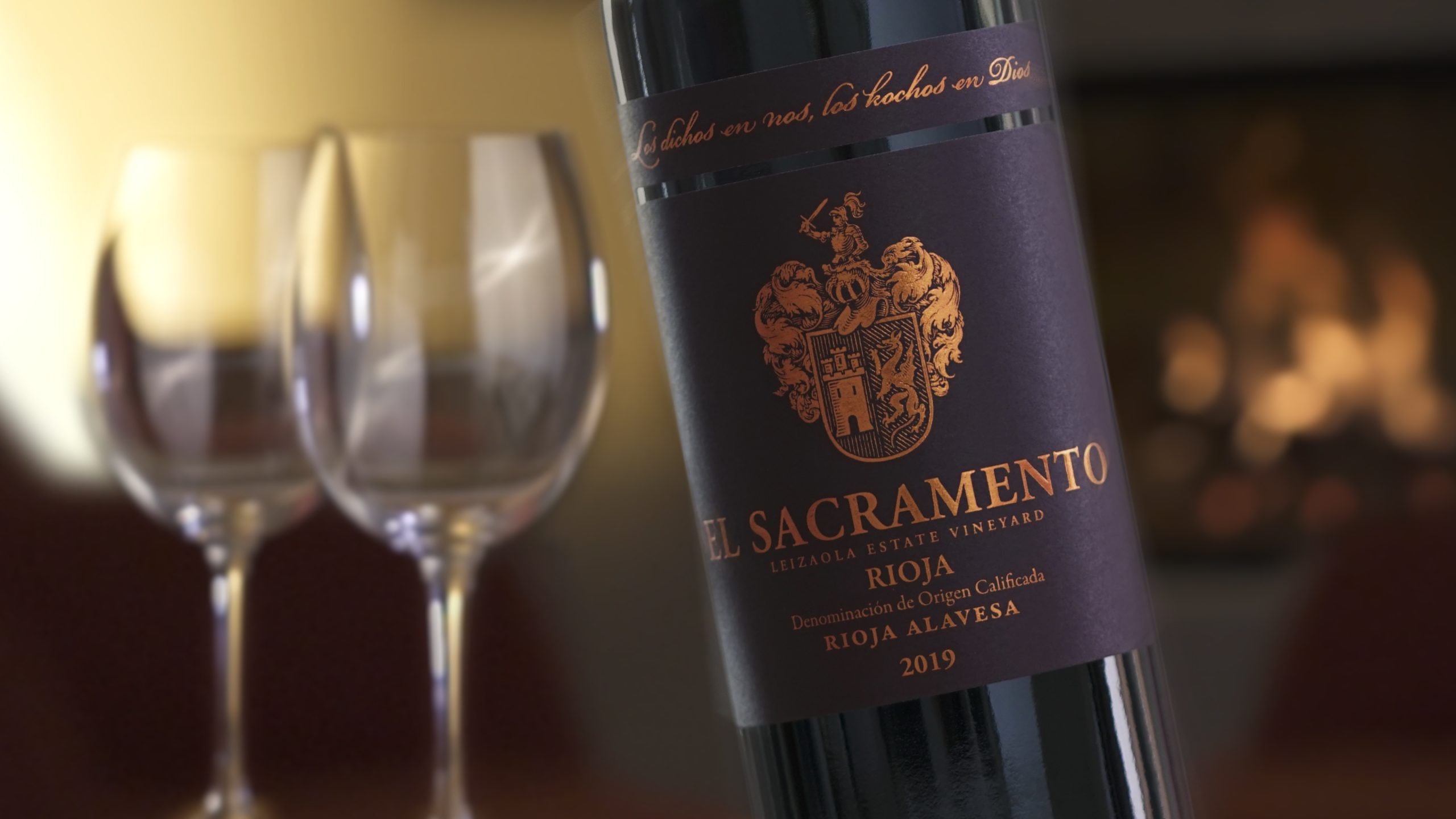How war, rampant inflation and earthquakes won’t stop a Syrian wine estate
By Patrick SchmittBottle shortages may be affecting western European winemakers, but in the east, a Syrian wine producer is dealing with rampant inflation and deadly earthquakes.
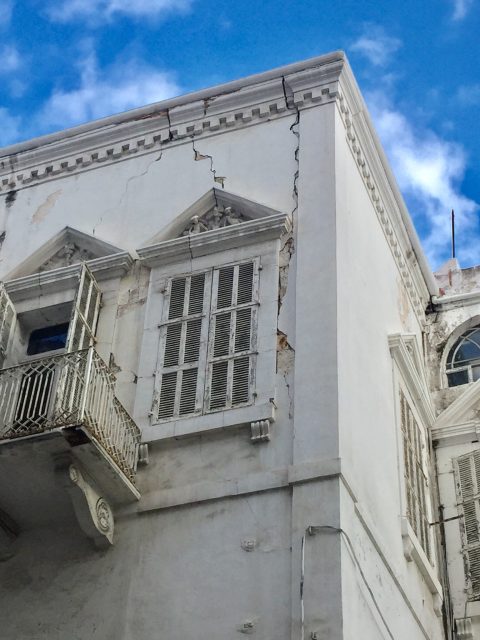
When one considers the challenges faced by Domaine de Bargylus, which is Syria’s only international wine brand, the current packaging problems for French producers, while serious, are mild in comparison.
Indeed, at the same time db was reporting on a glass shortage in France and Portugal, Syria was being rocked by a series of destructive earthquakes, with a death toll now approaching 6,000 (while more than 40,000 people have lost their lives in Turkey).
Contacting db on Monday 20 February within minutes of a 6.4 magnitude tremor that was centred near the Turkish-Syrian border, Karim Saadé, who owns and manages Domaine de Bargylus – along with his brother Sandro – said that the offices of Syrian wine producer had been damaged, but where still standing, having already survived the larger earthquakes on 6 February, that have caused devastation in both countries.
The wine estate, which comprises 20 hectares of vines in the Jebel el-Ansariyeh region, is located not far from the Syrian port of Lattakia, where Domaine de Bargylus has its offices.
According to Karim, the quakes damaged Saadé property in Lattakia, with “thousands of casualties” reported in the Port city and its environs.
Among the damaged buildings is the Saadé family’s historical mansion built in a Venetian-Ottoman style around 150 years ago by Karim’s great grandfather, Gabriel Saadé (see pictures of the property above and bottom).
Part of the listed building is allocated to Domaine de Bargylus’s offices, and the Saadé family is doing everything possible to save it, including reinforcing the walls to prevent the widening of the many fissures caused by the recent quakes (pictured, bottom).
Karim told db that once the structure has been strengthened, there will be “a complete rehabilitation process of the building including its Italian-painted ceilings”.
This setback is one of many for the Syrian wine brand. Not only has the Saadé family had to deal with civil war in the country, but also an economic crisis. Furthermore, due to the conflict in Syria, Karim, his brother and father have been managing the business from Lebanon, where they have also faced rampant inflation, and worse: as previously reported by db, the Saadé family were directly affected by the Beirut blast in 4 August 2020 (which was captured by an employee, as you can see in the video below).
The Saadé family, who own Domaine de Bargylus along with Château Marsyas in the Bekaa Valley, were in their company offices on Pasteur Street in Beirut when the explosion happened.
Karim recalled that the next thirty seconds or so after the huge explosion involved “screaming” as, deafened by the blast, he called for his father Johnny and brother Sandro amid the wreckage of the office, strewn with broken glass, upturned furniture, dust and dazed and injured employees.
He reminded db that he had to organise the 2020 harvest at Domaine de Bargylus from Beirut just days after the blast, in which his brother and father were wounded.
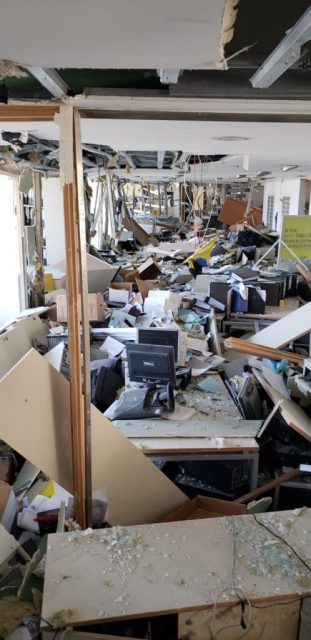
Continuing, he said, “Then came the economic crisis in Lebanon which culminated with a massive devaluation of the currency which reached LBP 80,000 to the dollar [on Monday this week] from a pre-crisis level of 1,500 to the dollar!”
He added, “In the meantime a similar devaluation took place in Syria. From SYP 50 to the dollar, we have reached SYP 7000 to the dollar!”
Partner Content
Concluding, he said, “So basically, we are managing two vineyards in two countries facing unprecedented economic, security and political crises and located on a seismic fault.”
Karim’s father, Johnny Saadé decided to create Bargylus back in 1997, which required the acquisition of land suitable for the plantation of vines in what is currently called the coastal mountains or Jabal el Ansariyeh, but formerly known as Mount Bargylus – an area notable for its wines from Roman times up until the rise of Islam.
Karim explained that the Saadé family, which are of Antiochian Orthodox Christian extraction, were among the leading feudal families in Syria that were hit by the nationalisations and confiscations of land in the 1960s. These were initiated by Gamal Abdel Nasser, who was president of the short-lived United Arab Republic, which was a state that united Egypt and Syria for around a year and a half.
Despite this loss of historic family land, Karim recalled that his father felt it was a worthwhile challenge to create the first Syrian wine produced according to international standards.
Johnny Saadé insisted that his sons “apply very strict protocols in the winery and vineyard”, while the family employed outside expertise to ensure the wines were “outstanding”, hiring international Bordeaux consultant Stephane Derenoncourt “who has been at our side ever since”.
As Karim said about the Syrian wine project, “Managing a vineyard in a country with no recent wine culture was hard enough… Then war broke out and made the whole managing process even harder as we had to remotely run it from Beirut.”
Exacerbating such challenges was the blast – which you can see below, captured by an employee from the Saadé offices – and now it’s the earthquakes.
As a result, Karim, although undeterred in his endeavour to make great wine from Syria and Lebanon, compared his trials to the disasters inflicted on Biblical Egypt.
He said, “With everything we have been going through the last few years in our middle eastern region, it seems we are reliving the seven plagues of Egypt!”
Read more
After the Beirut Blast: ‘We will continue to make wine in these difficult times’
Syrian wine takes hold in UK restaurants
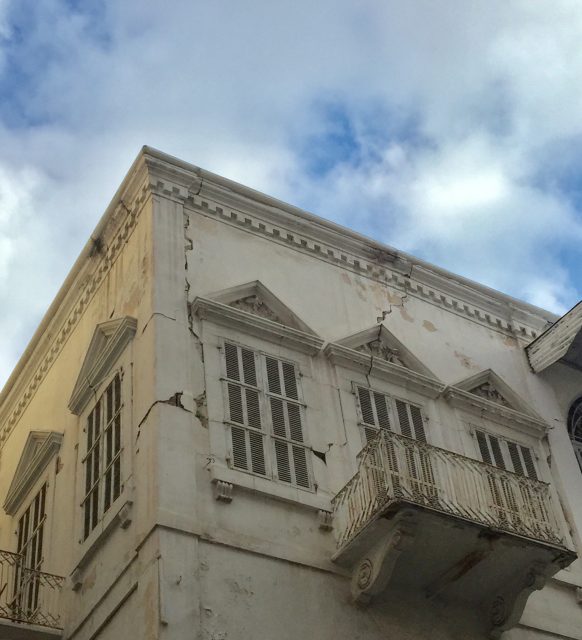
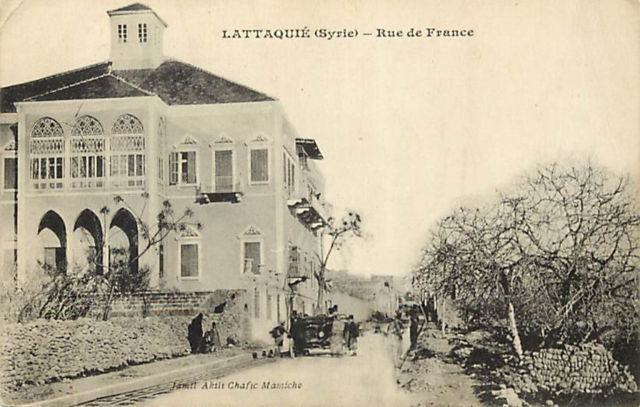
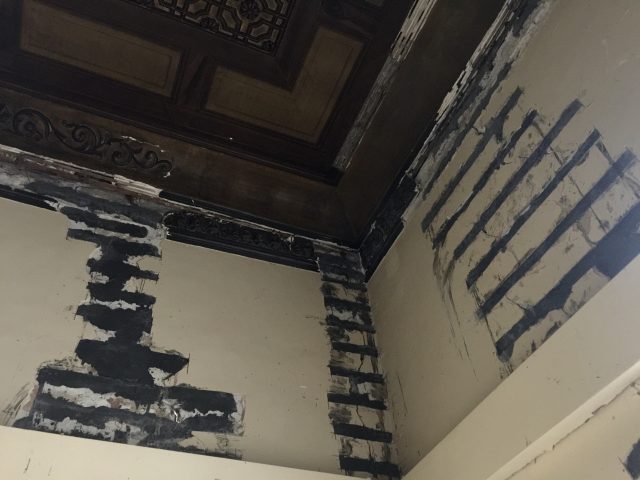
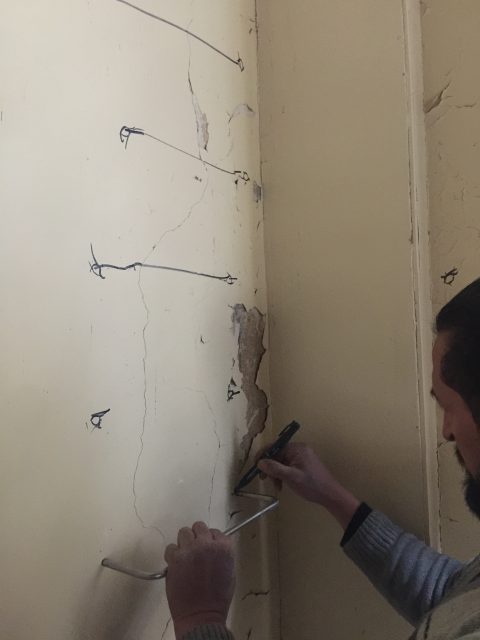
Related news
Majestic confirm Enotria & Coe acquisition


